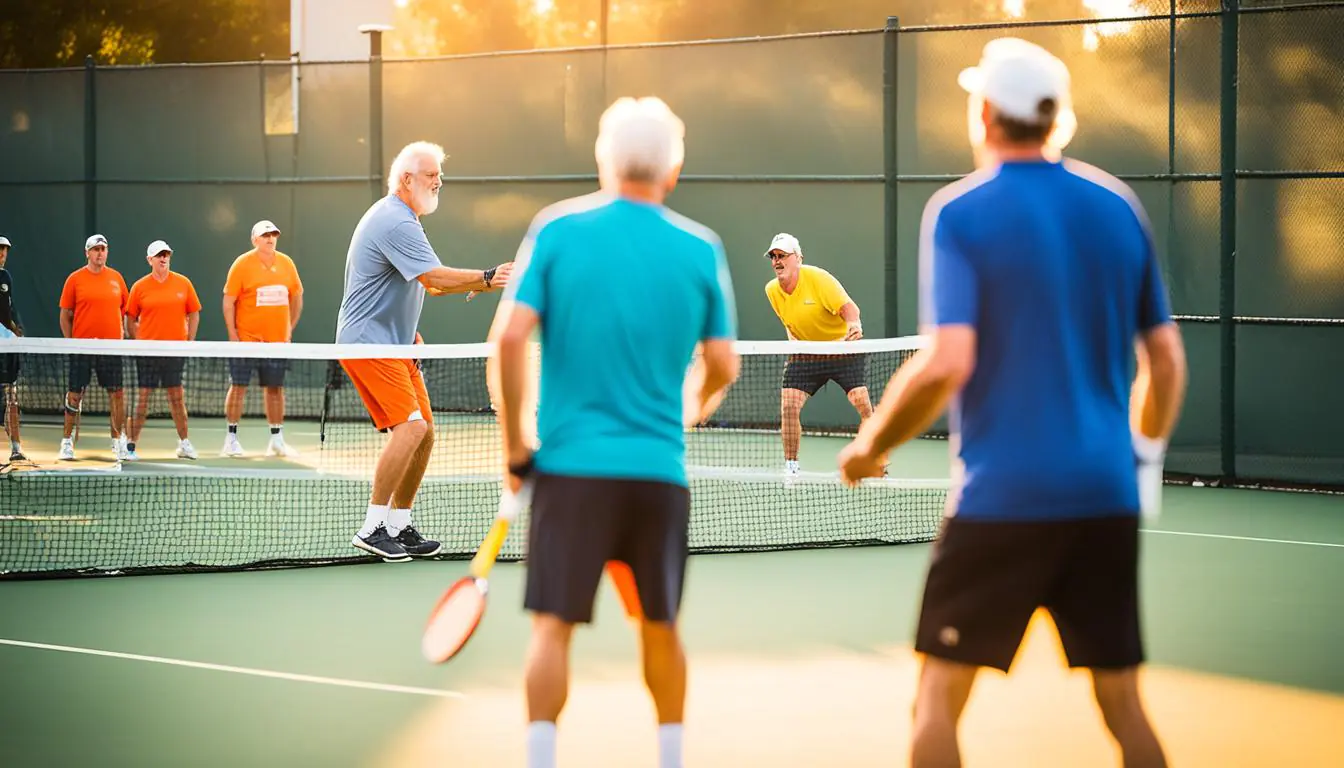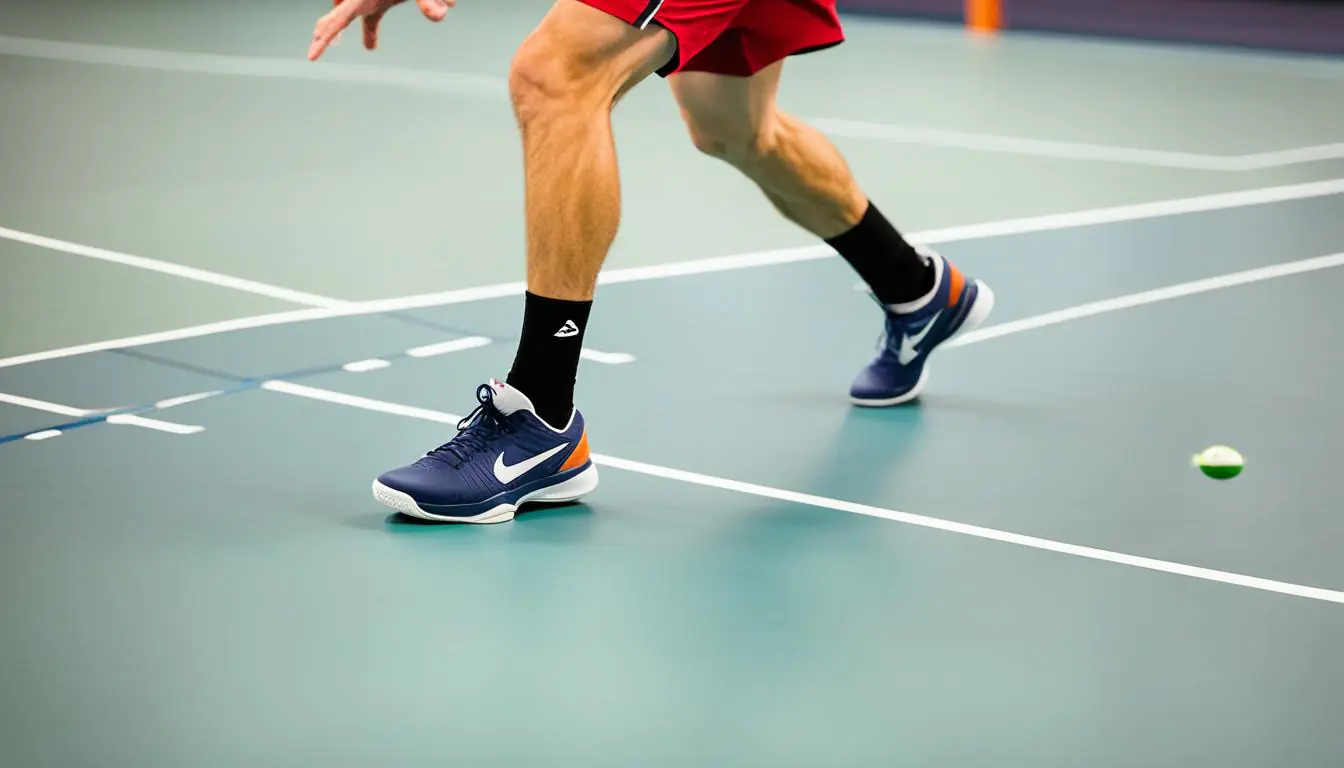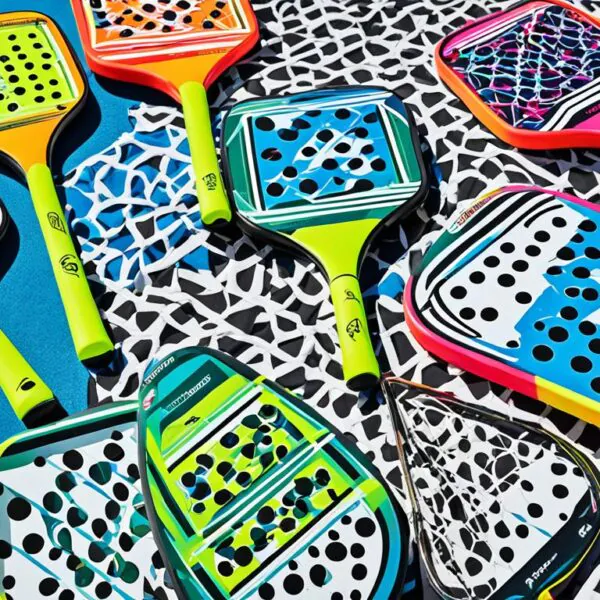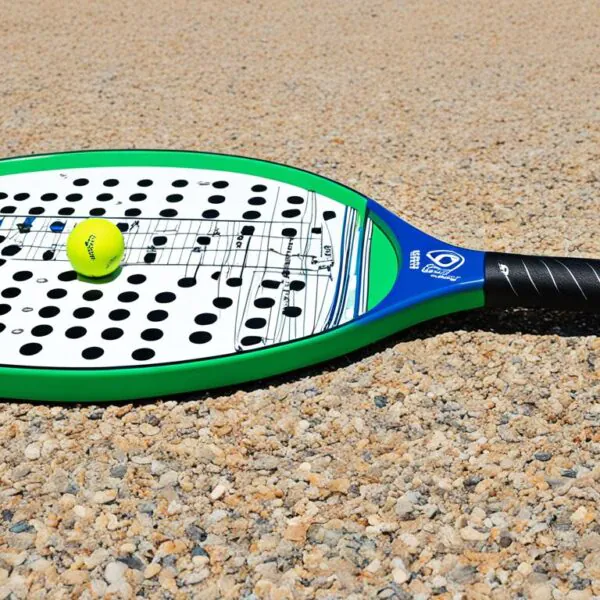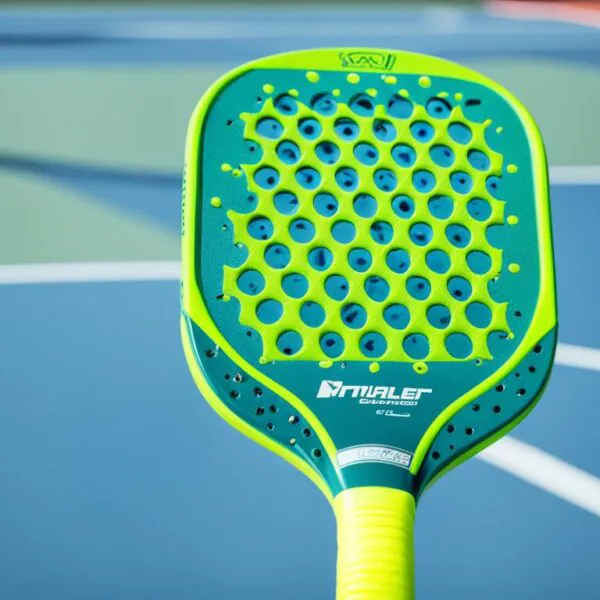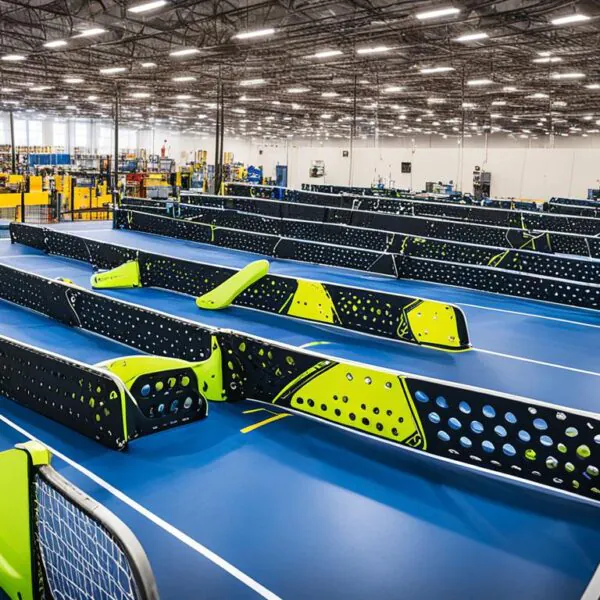Pickleball is now the fastest-growing sport in the U.S. It has won the hearts of millions of players. But, did you know it started from boredom on a summer day in 1965? Yes, friends found a fun way to spend an afternoon.
Joel Pritchard, Bill Bell, and Barney McCallum from Bainbridge Island, Washington, started it all. They wanted something fun to do. They mixed sports gear to create a game like badminton but with a plastic ball and wooden paddles.
Key Takeaways
- Pickleball was invented in 1965 by Joel Pritchard, Bill Bell, and Barney McCallum on Bainbridge Island, Washington.
- The game was named “pickleball” by Joel Pritchard’s wife, Joan, who compared the sport to the “pickle boat” in crew races where leftover non-starters would race for fun.
- The first permanent pickleball court was built in 1967 in the backyard of Bob O’Brian, Pritchard’s neighbor and friend.
- Pickleball, Inc. was formed in 1972 to protect and promote the sport’s growth and development.
- The sport has experienced rapid growth, with the number of players estimated to have reached 4.8 million in recent years.
The Origins of Pickleball: How It All Began
In the summer of 1965, some friends on Bainbridge Island, Washington, wanted a new game. Congressman Joel Pritchard and businessman Bill Bell made a new sport. They used table tennis paddles and a special plastic ball on an old badminton court.
The Summer of 1965: Boredom Breeds Invention
They lowered the badminton net to 36 inches. Pritchard and Bell asked their neighbor Barney McCallum to join them. They made up the rules and played the game, starting the pickleball origin and pickleball beginnings.
Joan Pritchard came up with the name “pickleball.” She was thinking of the “pickle boat” in crew races, where the last rowers formed a team. This story of how pickleball creation happened is well-known.
The Pritchard family says the story is true. Their dog Pickles was born in 1968, after the game was named. The pickleball founding and first pickleball game happened in the summer of 1965 on Bainbridge Island.
At first, the game was called “Pickle Ball.” Later, it was shortened to “pickleball.” The story of how pickleball invention and pickleball creation started is loved by many. But, there have been debates about the name’s origins over time.
who invented pickleball
Pickleball is a sport that’s getting more popular in the U.S. It started in the summer of 1965 on Bainbridge Island, Washington. Congressman Joel Pritchard, his friend Bill Bell, and Pritchard’s son made it.
After a golf game, Pritchard and Bell saw their families were bored. They made a new game with table tennis paddles, a plastic ball, and an old badminton court. Barney McCallum, their neighbor, helped make the game’s rules and gear.
The name “pickleball” came from Pritchard’s wife, Joan. She said the game was like the “pickle boat” in crew, where last-minute players join. Now, it’s the fastest-growing sport in the U.S., with over 8.9 million players in 2023.

Pickleball started from boredom and a wish to invent something new. It has grown into a favorite activity for millions. It’s now a big part of American fun.
The Naming Controversy: Pickle Boat or Pickles the Dog?
Many people argue about how pickleball got its name. There are two main stories about it.
Joan Pritchard, Joel Pritchard’s wife, says the name came from the mix of sports it combines. It reminded her of the “pickle boat” in crew races, where all the extra people race together.
Barney McCallum, another creator of the game, thinks it was named after Pritchard’s dog, Pickles. Pickles chased the ball during their games. But, Pickles was born a few years after the game was made, so this story might not be true.
Even if we don’t know for sure why it’s called “pickleball,” the name is catchy and memorable. It makes people talk and adds to the sport’s charm.
As pickleball grows in popularity, its unique name is a big part of its brand. It’s fun and welcoming, drawing in players who like hearing the story of its name.
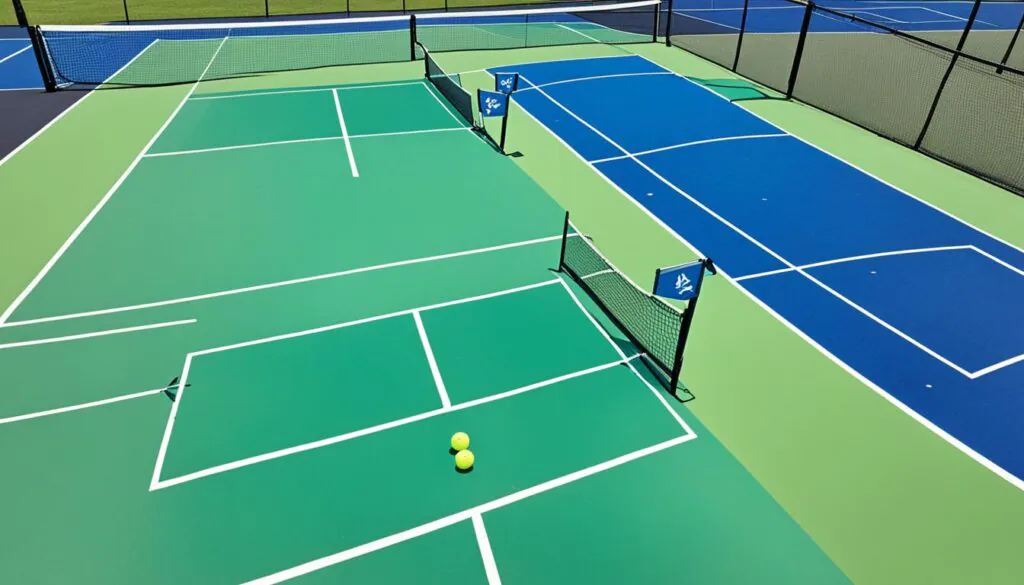
The debate over the name “pickleball” has grown into a key part of the sport’s story. Players and fans love the myths and legends around it. The name “pickleball” has built a strong community focused on fun and the sport’s unique history.
Pickleball’s Rapid Growth and Popularity
Pickleball started in 1965 and has grown a lot in the last few decades. Now, it’s one of the fastest-growing sports in the U.S., with 36.5 million players in 2023.
Many things have made pickleball popular. It’s easy to play, fun with friends, and good for your health. In 1972, Pickleball, Inc. was started to help players get the gear they needed.
The first pickleball tournament was in 1976. Since then, the sport has grown a lot. Today, the U.S.A. Pickleball Association says there are almost 14,000 places to play pickleball. California has the most courts, over 1,000.
Young people, ages 18 to 34, love playing pickleball. This age group makes up 28.8% of U.S. players. The sport got even more popular during the COVID-19 pandemic. It’s a safe, fun way to stay active outdoors.
Pickleball is popular around the world too. Countries like Australia, Spain, Canada, and the UK have more players. Some think pickleball might even be in the Olympics one day.

The rise of pickleball is amazing. It’s growing fast and attracting players of all ages and skills. We can’t wait to see what the future holds for this fun game.
Conclusion
In 1965, on Bainbridge Island, Washington, three friends made a new sport. Joel Pritchard, Bill Bell, and Barney McCallum wanted to make something fun for their families. They created pickleball, a game that would win over millions of Americans.
Since then, pickleball has grown a lot. The founders made special pickleballs for better play. In 2005, the USA Pickleball Association (USAPA) started. They made rules and tournaments that drew in thousands of players every year.
Now, pickleball is one of the fastest-growing sports in the U.S., with 3.3 million players. It’s loved for being affordable and easy to play. The game is great for all ages and skill levels. The pickleball founders made a sport that brings joy to many people.
